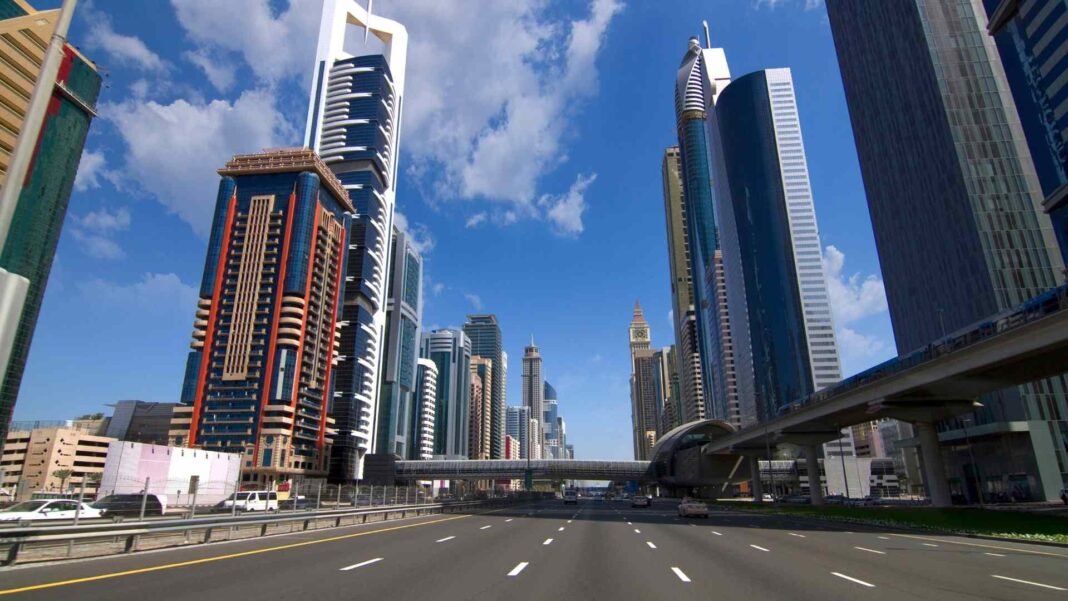Imagine an electric vehicle (EV) that can travel 3,000 kilometers—roughly the distance from Dubai to Cairo—on a single charge, and then recharge faster than it takes to grab a coffee. That’s the promise of Huawei’s latest solid-state battery patent, a breakthrough that’s sending shockwaves through the global EV industry and igniting a fierce race for battery supremacy. Huawei, the Chinese tech giant, has filed a patent for a sulfide-based solid-state battery that boasts an energy density of 400–500 Wh/kg, two to three times higher than the 150–250 Wh/kg of today’s lithium-ion batteries, according to Car News China. This could translate to a jaw-dropping 3,000km range and a full charge in just five minutes, potentially revolutionizing how we think about electric mobility. A Leap in Battery Technology What sets Huawei’s solid-state battery patent apart is its innovative approach to a long-standing problem of instability at the lithium interface. Solid-state batteries, which use solid electrolytes instead of liquid or gel, are safer and can store more energy but often suffer from degradation and safety issues. Huawei’s solution involves doping sulfide electrolytes with nitrogen, reducing harmful side
Topics
- Artificial Intelligence
- companies
- Construct 360
- E-Commerce industry
- Economy News
- Economy News
- Editor Choice
- Edtech industry
- energy industry
- Entertainment & Leisure
- Entrepreneurs
- Featured
- Fintech
- Funding News
- General News
- Government Policies
- Growth & Strategy
- Health & Wellness
- Healthtech
- industry
- Information & Communication Technology
- Lifestyle
- Management
- Management and Leadership
- Marketing & Branding
- Merger and Acquisition
- Money & Personal Finance
- News
- Oil and Gas
- Real Estate
- Sports and Productivity
- Start-up
- Technology
- Top 10 Listing Article
- Travel
- Women
More
Popular Categories




